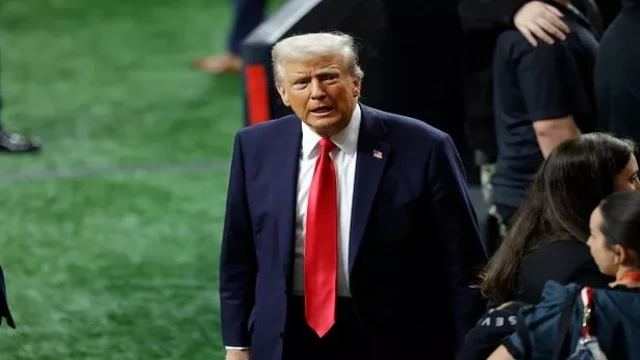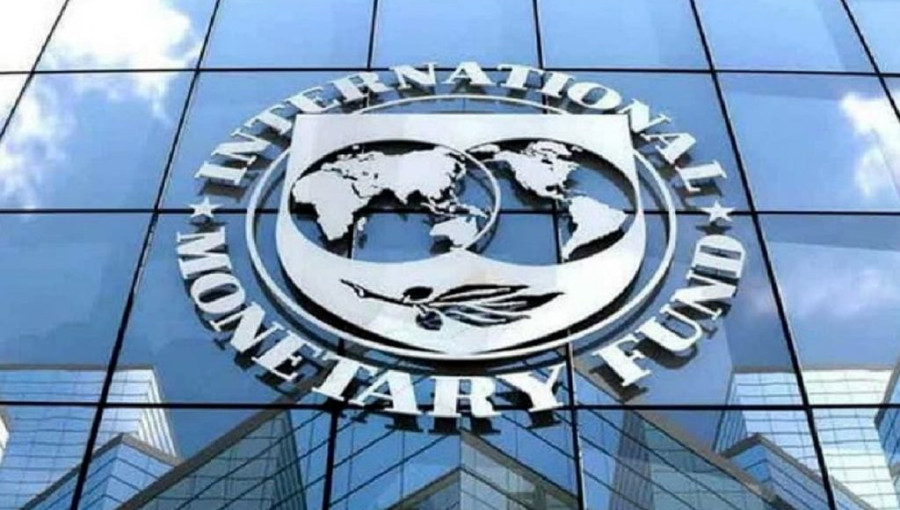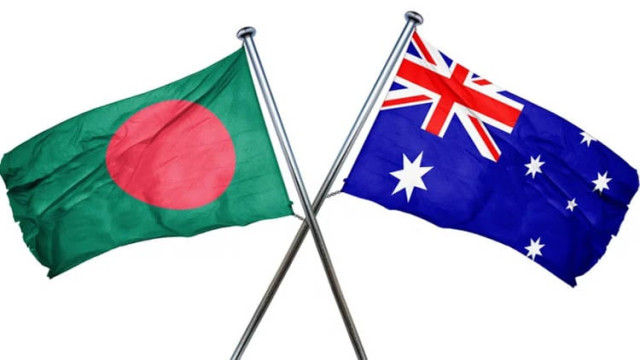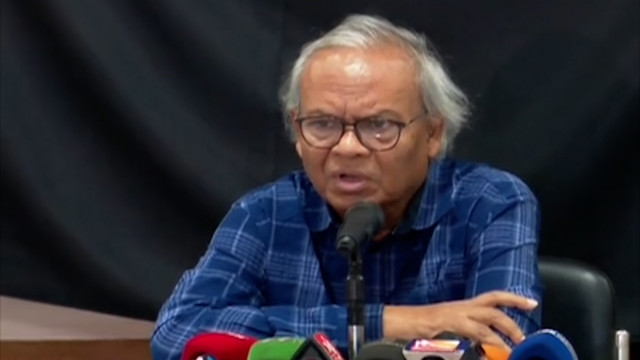WASHINGTON, April 1, (V7N) – Global markets and US trading partners are bracing for the impact of new "reciprocal tariffs" as US President Donald Trump prepares to announce fresh trade measures this week.
Trump, who has aggressively pursued protectionist trade policies since returning to office in January, stated that the tariffs could be unveiled as early as Tuesday night or Wednesday. However, he assured reporters that his administration would be "very kind" in implementing the measures, which he claims will correct long-standing trade imbalances
The uncertainty surrounding the tariffs has already rattled global markets, with Asian stocks falling sharply before rebounding slightly following Trump’s reassurances. Economists warn that the tariffs could trigger a global trade war, leading to retaliatory actions from major US trading partners, including China, Canada, and the European Union (EU).
Over the weekend, China, South Korea, and Japan agreed to strengthen free trade ties, signaling potential shifts in global economic alliances. Meanwhile, Mexico, India, and Vietnam are reportedly adjusting their trade policies to minimize exposure to new US tariffs.
Economists at Goldman Sachs have raised their 12-month US recession probability from 20% to 35%, citing a "lower growth forecast, falling confidence, and White House officials' willingness to tolerate economic pain." The International Monetary Fund (IMF) has acknowledged the global anxiety caused by the tariffs but expects their economic impact to be moderate.
The European Union has already introduced countermeasures to take effect in mid-April, including retaliatory tariffs on US imports. EU Commission President Ursula von der Leyen stated that while the bloc hopes for a "negotiated solution," it is prepared to respond with "all instruments on the table."
Mexico and Canada are also pushing back against new 25% tariffs on automobile imports set to take effect on April 3, while Japan has announced the establishment of 1,000 consultation centers for businesses affected by US trade policies.
Trump’s tariff plan, branded "Liberation Day", is expected to target the "Dirty 15"—countries with persistent trade imbalances with the US, including China, the EU, Mexico, Vietnam, Taiwan, Japan, South Korea, Canada, and India. Sector-specific tariffs may also hit pharmaceuticals and semiconductors.
While negotiations remain possible, the uncertainty surrounding US trade policy has left many nations scrambling to adjust. European Central Bank President Christine Lagarde described the situation as an "existential moment" for Europe, urging the continent to move toward greater economic independence.
With global trade at a crossroads, markets, businesses, and governments await Trump's final announcement, which could determine whether the world heads toward a full-scale trade war or a last-minute compromise.
END/BUS/RH/






























Comment: